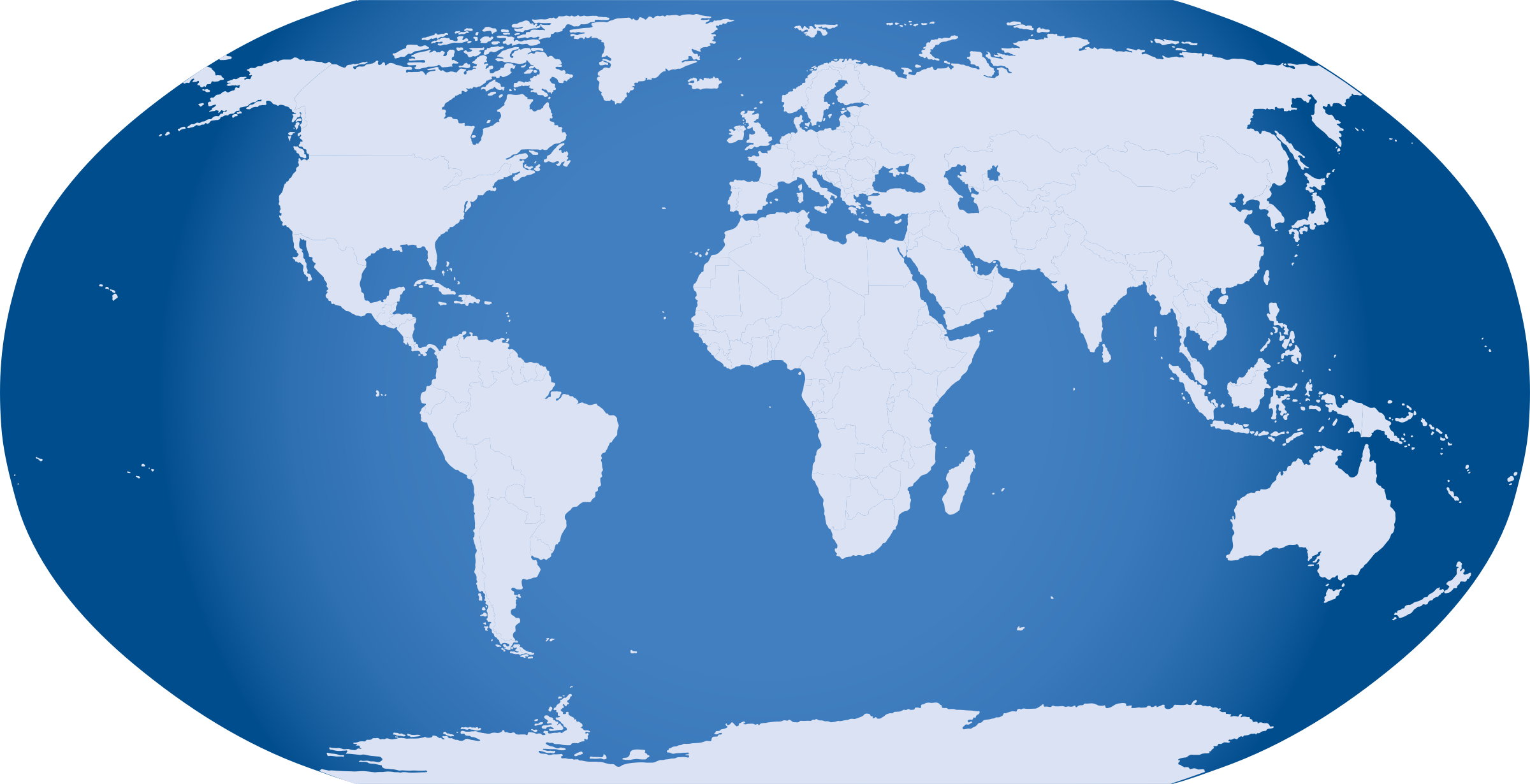The Bahá’í teachings present a compelling framework for understanding the current global transition—a transition characterized by complexity, conflict, and the pursuit of an enduring peace. What drives this optimism, even in times of uncertainty? It is the profound realization embedded in these teachings: the world is on the precipice of transformation, evolving toward a future laden with hope and collective illumination.
At the heart of Bahá’í philosophy lies the principle of the oneness of humanity. This tenet serves as the cornerstone for any endeavor aimed at fostering a more harmonious global society. The idea that all individuals, irrespective of race, religion, or nationality, belong to a singular human family is both revolutionary and profoundly liberating. In a world often divided by artificial barriers, the Bahá’í perspective invites a paradigm shift. This call to unity is not mere idealism but rather a practical roadmap toward reconciliation and understanding.
Such a transition requires an awakening—a radical departure from entrenched societal norms that perpetuate division. The Bahá’í teachings advocate for the eradication of prejudice in all its forms. Whether rooted in race, gender, or socioeconomic status, the dismantling of prejudice is crucial for the collective advancement of humanity. This is where hope is cultivated; within every individual lies the potential to foster empathy and solidarity, thus contributing to a remarkable shift in societal attitudes.
The concept of progressive revelation further underscores the Bahá’í understanding of humanity’s spiritual evolution. This doctrine posits that divine guidance has been bestowed upon humanity through a succession of prophets and leaders, culminating in the teachings of Bahá’u’lláh. This belief not only nourishes a sense of continuity throughout history but also nurtures the idea that humanity is in a constant state of development. Each revelation enhances collective understanding, elevating societies to higher levels of moral capacity. This perspective reassures adherents that our current challenges are but temporary setbacks on the journey toward a unified and enlightened world.
The Bahá’í faith also calls for the establishment of universal education as a pivotal mechanism for societal transformation. Education is not merely an academic exercise but a comprehensive enrichment that fosters critical thinking and ethical discernment. Access to education should be a birthright, not a privilege, facilitating the emergence of a generation equipped to tackle the multifaceted challenges of a modern era. Herein lies the promise of genuine change; empowering individuals through education breeds hope, enabling them to contribute actively to the betterment of society.
Furthermore, the Bahá’í commitment to environmental stewardship dovetails with this vision of a hopeful future. In an age where the impacts of climate change loom large, the Bahá’í teachings advocate for the recognition of nature as a sacred trust. Humanity’s relationship with the environment is thus redefined—not as dominion over the earth, but as guardianship. This shift in perspective invites individuals to see themselves as integral to the ecological tapestry of our planet. Embracing sustainability not only ensures the survival of the planet but also encourages communal endeavors that can unite people across global communities.
Social justice, as espoused in Bahá’í teachings, represents another pillar of hope. A world that values equity fosters social cohesion and diminishes resentment and strife. The eradication of extreme poverty and the creation of opportunities for all are paramount. This insistence on fairness necessitates a comprehensive examination of the structures that perpetuate inequity. The Bahá’í teachings propose that through a collective effort, societies can fortify the well-being of all their members, leading to the establishment of a truly just and thriving global community.
In this light, the Bahá’í teachings engender a vision where the youth are recognized as crucial agents of transformation. Young people, often brimming with idealism and energy, are uniquely positioned to challenge the status quo. They are the torchbearers of change, poised to implement innovative solutions that respect the dignity of all peoples. The Bahá’í faith encourages the youth to engage with issues facing humanity critically and constructively, nurturing their innate potential to affect meaningful change.
The call for international collaboration resonates deeply within the Bahá’í framework. In an increasingly interconnected world, cooperation transcends national borders, necessitating a collective approach to addressing global issues. This collaborative spirit aligns itself with the notion of collective security, ensuring that the welfare of one is inextricably linked to the welfare of all. As nations unify around common goals, the fruits of shared endeavors can foster progress and harmony, reinforcing a hopeful outlook on the global stage.
In conclusion, the teachings of the Bahá’í faith illuminate a path toward a hopeful future amidst the tumult of global transitions. By embracing the principles of unity, education, environmental stewardship, social justice, and international cooperation, humanity stands at the threshold of a new epoch. Rather than succumbing to despair or cynicism, it is essential to cultivate a spirit of hope. Each individual can contribute to this transformative journey, sparking curiosity and promoting understanding in a world yearning for connection. The transition before us is not merely a challenge but an extraordinary opportunity—a chance to collectively weave a narrative of hope that transcends barriers and resonates with the promise of a brighter tomorrow.
